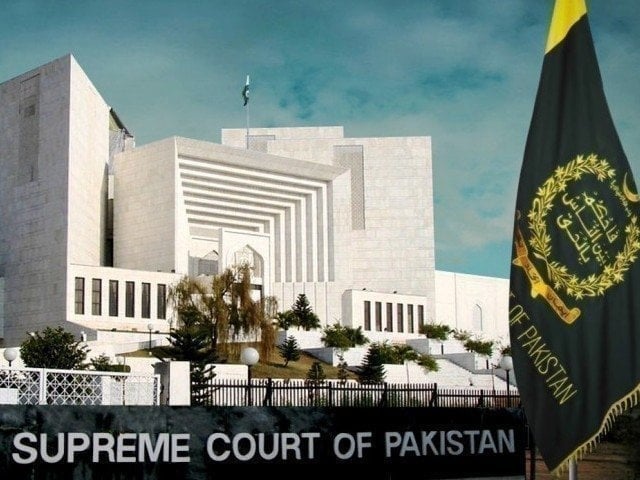NA Speaker Sadiq emphasized the importance of maintaining parliamentary sovereignty, warning that any actions undermining this principle could erode public trust in democratic institutions

By Asghar Ali Mubarak
ISLAMABAD: The ongoing clash between Pakistan’s parliament and the Supreme Court has intensified following National Assembly Speaker Sardar Ayaz Sadiq’s recent letter to the Election Commission of Pakistan (ECP). In this communication, Sadiq urged the ECP to uphold parliamentary sovereignty in the allocation of reserved seats to the Pakistan Tehreek-e-Insaf (PTI). This letter follows a Supreme Court ruling that permitted independent candidates, after winning elections, to join political parties and change their political allegiances.
Eight Supreme Court judges subsequently directed the ECP to implement this ruling promptly. On July 12, the Supreme Court recognized PTI as a parliamentary party, declaring it eligible for reserved seats that had previously been allocated to other parties within both the national and provincial assemblies. In response, however, parliament enacted the Elections (Second Amendment) Act, 2024, which places new restrictions on party-switching for independent candidates, effectively nullifying the Supreme Court’s ruling. This bill, introduced by PML-N MNA Bilal Azhar Kayani, reflects a direct challenge to the judicial decision, reinforcing parliament’s authority over legislative matters.
In his letter, Speaker Sadiq emphasized the importance of maintaining parliamentary sovereignty, warning that any actions undermining this principle could erode public trust in democratic institutions. He pointed out that recent amendments to the election law prohibit independent candidates who join a political party after the election from switching their affiliation, asserting that the ECP must apply these amendments when allocating the contested reserved seats. He argued that since the Supreme Court’s judgment predates the new law, it should be considered outdated. The speaker cited specific provisions from the Elections (Second Amendment) Act, highlighting that candidates must declare their party affiliation before the Returning Officer during elections.
If such a declaration is absent, the candidate is regarded as independent. Notably, Section 104-A of the Act stipulates that any party affiliation declared by an independent candidate is irrevocable. Sadiq contended that these amendments have retroactive effects starting from the 2017 Election Act, rendering the Supreme Court’s July ruling ineffective. The allocation of reserved seats is politically significant, as it directly impacts the ruling PML-N coalition’s ability to secure a two-thirds majority in the National Assembly. The potential for PTI to gain control of these seats could shift the balance of power, allowing them to emerge as the largest party.
#ParliamentVsSupremeCourt, #ReservedSeats, #PakistanPolitics, #Elections2024, #ParliamentarySovereignty, #PMLN, #PTI, #ElectionCommission, #JudicialAuthority, #PoliticalAffiliations, #DemocraticInstitutions, #PublicTrust, #PoliticalLandscape, #SadiqAyaz, #LegislativeMatters



